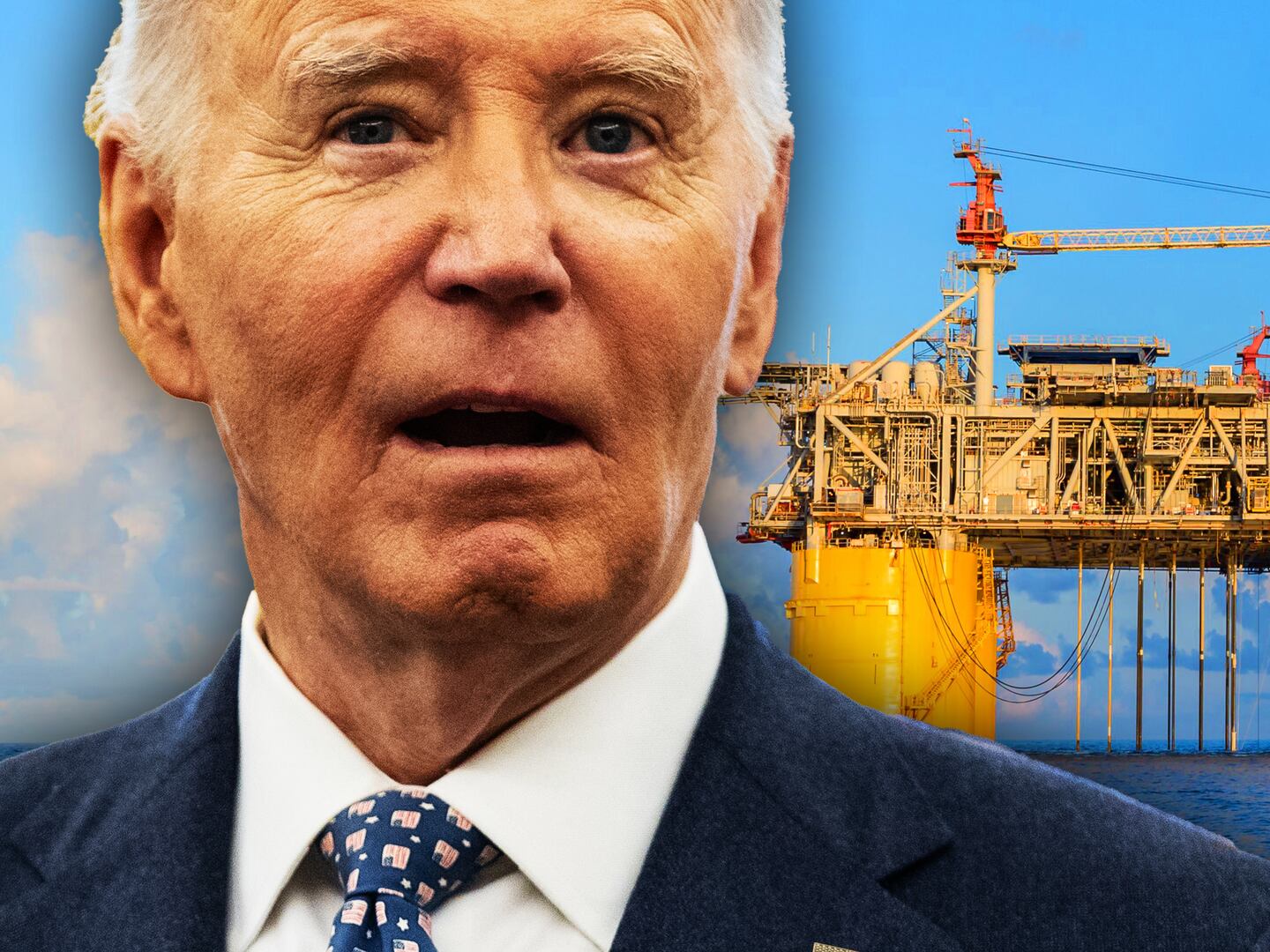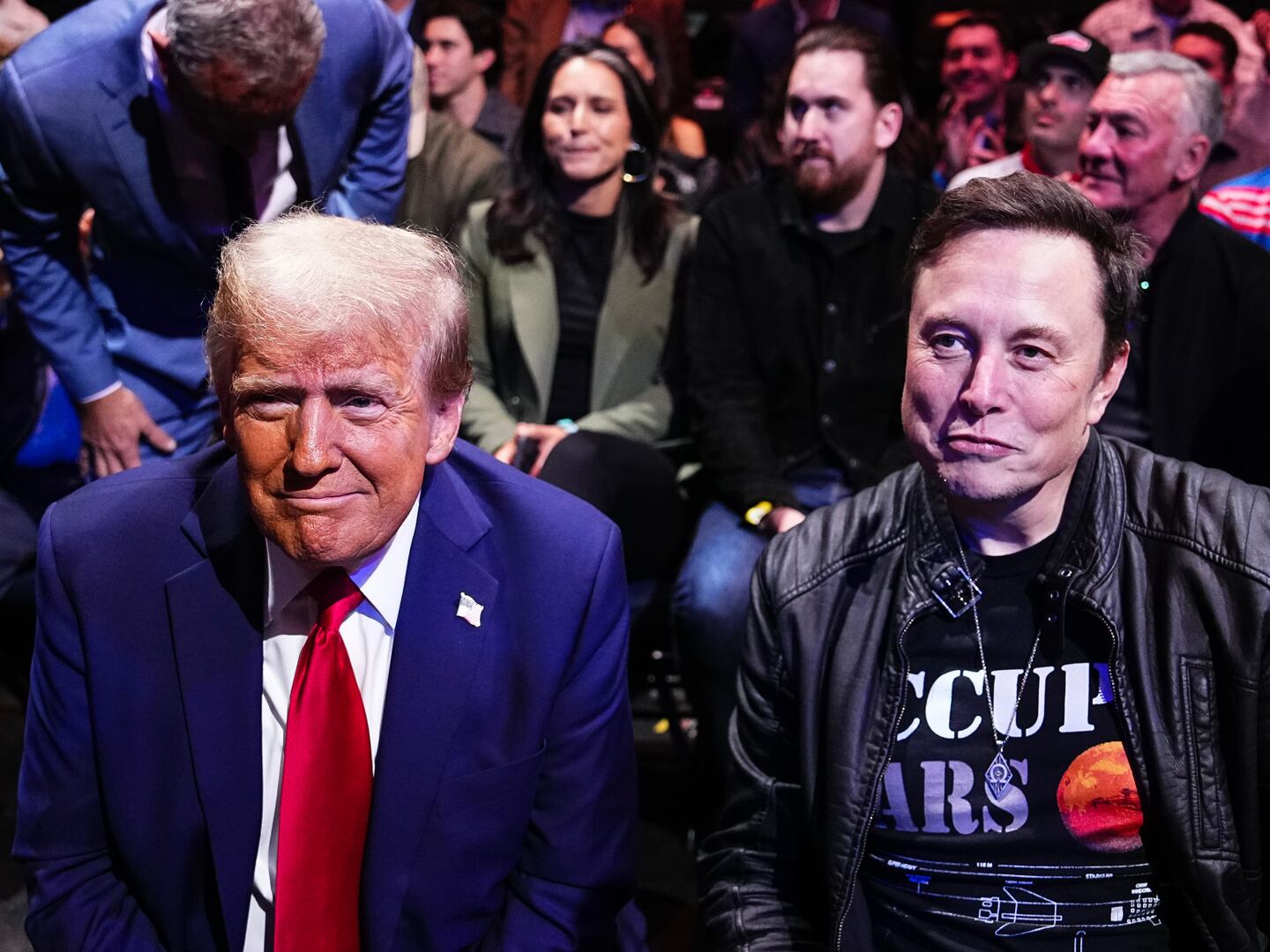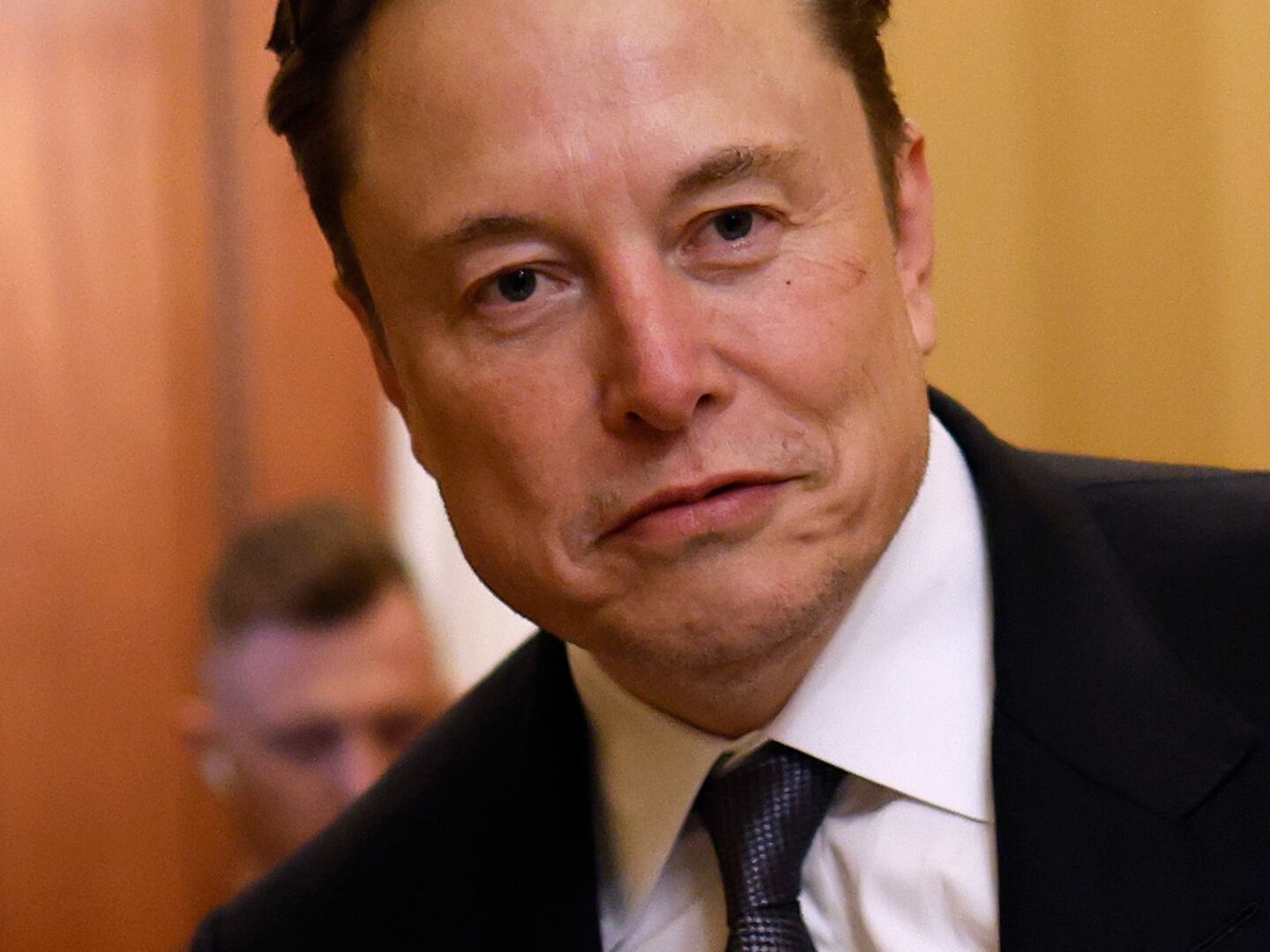Elections
Getty
Trump’s COVID-19 Response Could Sink His Arizona Acolyte
DECIDEDLY NOT FINE
“I think when we get into April, in the warmer weather, that has a very negative effect on that and that type of a virus,” Trump said on February 19.

Trending Now





